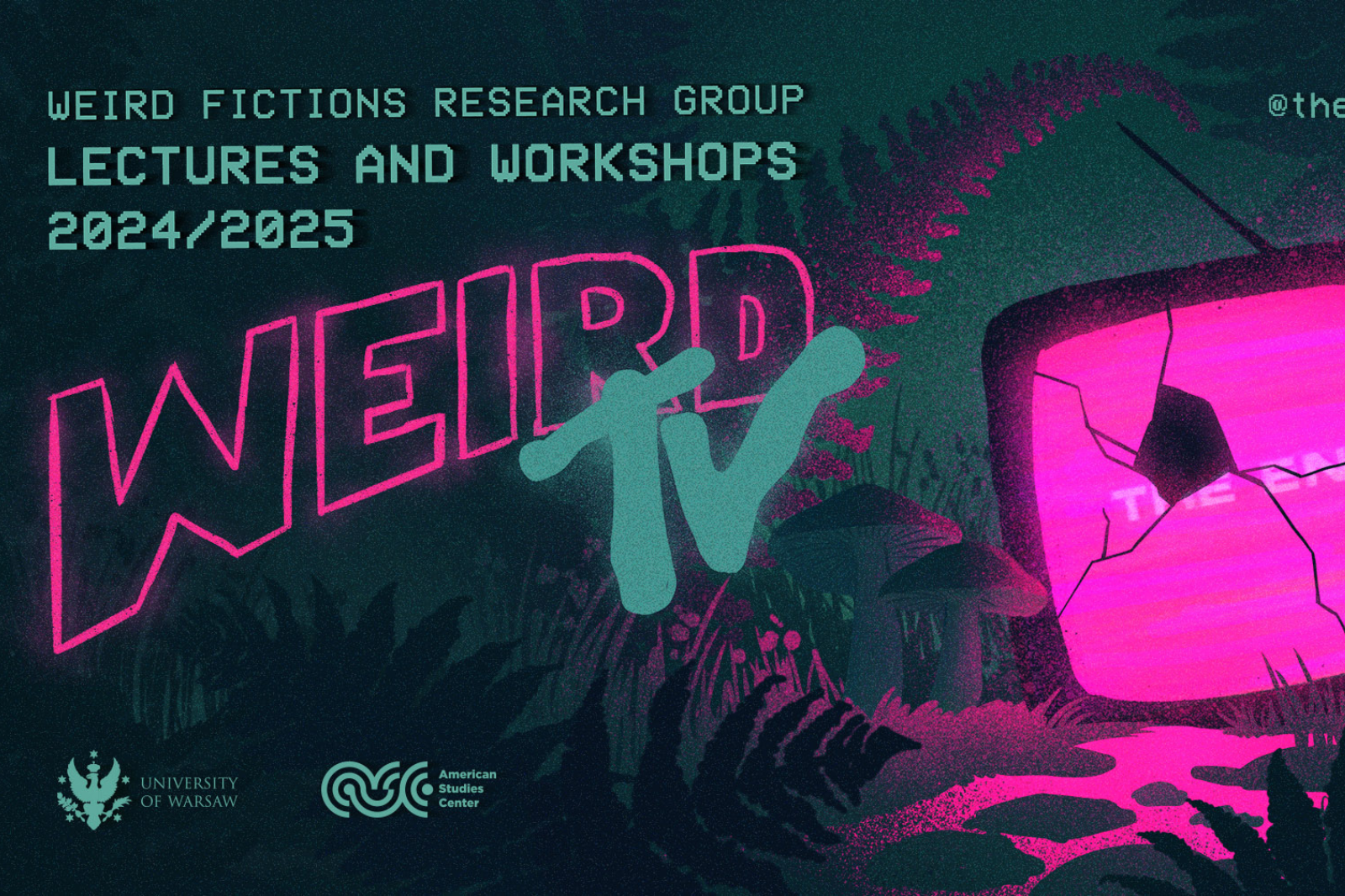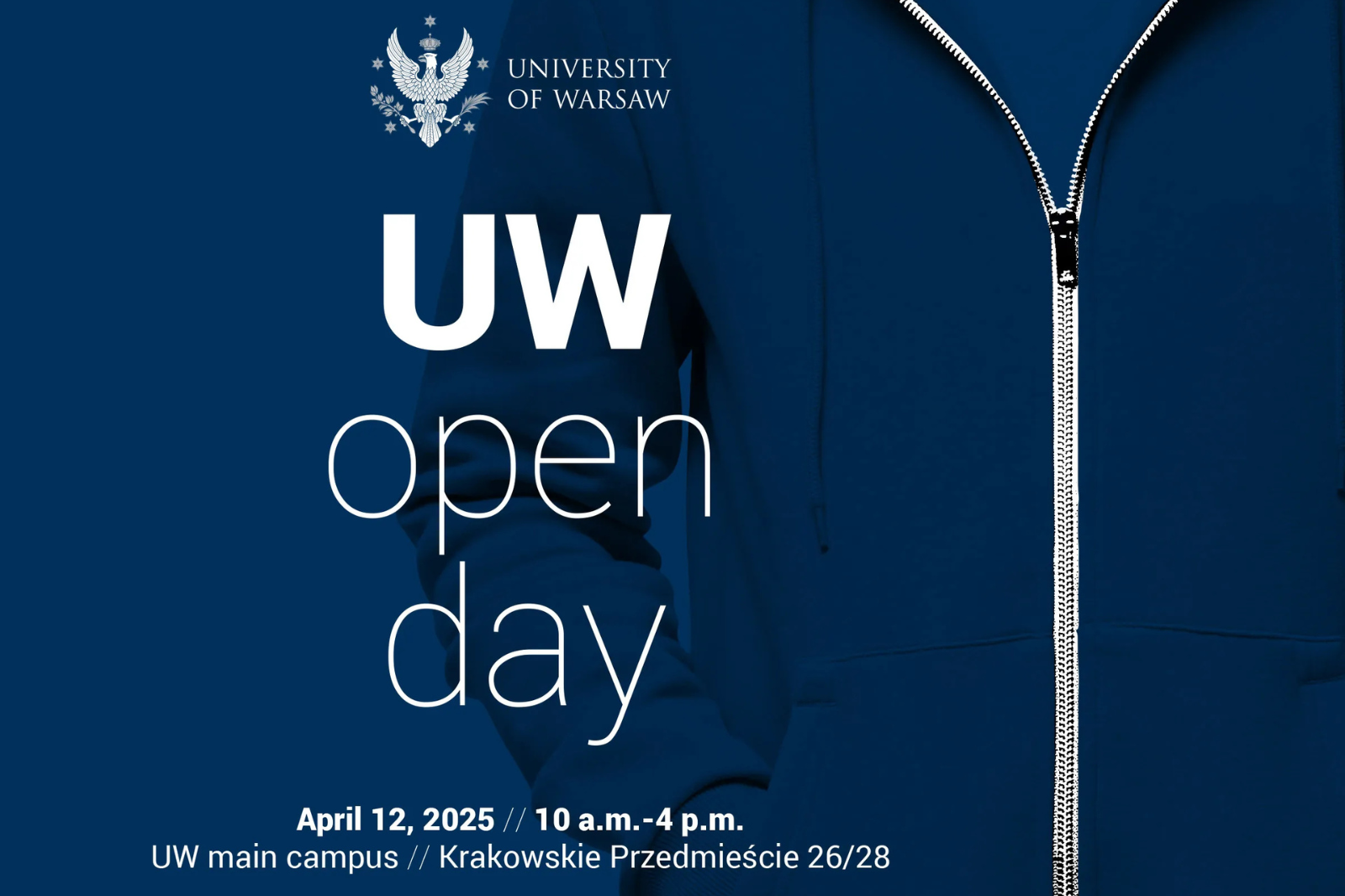This academic year was like nothing else we have ever experienced at our University. Due to the pandemic our faculty members decided to switch to online classes and organize events planned for this academic year online.
We are very happy and proud that the jubilee 10th edition of the American Studies Colloquium Series took place in an almost unchanged scope and has been so well-received by the students. The originators of the series, that has been taking place in our Center since 2010, were Professor Tomasz Basiuk and Doctor Karolina Krasuska. This year Doctor Agnieszka Kotwasińska and Doctor Marta Usiekniewicz, continuing the decade-long tradition, scheduled six events for the fall semester and five for the spring one. All events planned for the Fall took place at Ksawerów in the American Studies Center; our guests came from multiple academic institutions and specialized in various disciplines, ranging from media or literature to food studies.
The lecturers included Anna Malinowska (University of Silesia), Marta Figlerowicz (Yale University), Anna Warso (SWPS University), Curd Knüpfer (Freie Universität Berlin), Michael Fuchs (University of Graz) and Fabio Parasecoli (New York University). Together they introduced us to their research in an involving and enriching way, sharing their knowledge and passion related to American culture and society. We listened to six compelling lectures about love in contemporary technoculture, the history of virality, John Berryman’s dream songs, crisis of American public sphere, Trump’s presidency reflected in the American Horror Story and The Purge, and conceptualizations of global food system.
Unfortunately, the University’s decision to suspend all lectures and in-class events precluded visits of our special guests invited to American Studies Center for the Spring semester. Luckily, four scholars: Dana Mihăilescu (University of Bucharest), Alyson Patsavas (The University of Illinois at Chicago), Mateusz Halawa (Polish Academy of Science) and Elżbieta Przybyło (Illinois State University) agreed to move their lectures online and gave their talks via Facebook, Zoom or Google Meet. They engaged our attention in topics such as the Holocaust narratives, queer evidence of pain, urban consumption and food cultures, and asexual and aromantic critiques of heteronormativity.
Although we regret that we could not meet in-person, we believe that online streaming was more easily available to wider public and not just Warsaw residents. We are very happy and thankful that you have taken part in the lectures – some of the streams hosted as many as one hundred students, and we are certain that all participants have benefited from them.
Announcements regarding all events organized online by the American Studies Center are being posted on our website and Facebook page. Join more than 300 members of the ASC Virtual Lecture Hall group on Facebook to get notifications about new lectures and online meetings.
We consider the 10th edition of the American Studies Colloquium Series a great success and we hope you think the same! As always, we are open to you suggestions and/or ideas, which you can share with the coordinators: dr Agnieszka Kotwasińska (a.kotwasinska@uw.edu.pl) and dr Marta Usiekniewicz (m.usiekniewicz@uw.edu.pl). See you next year!




